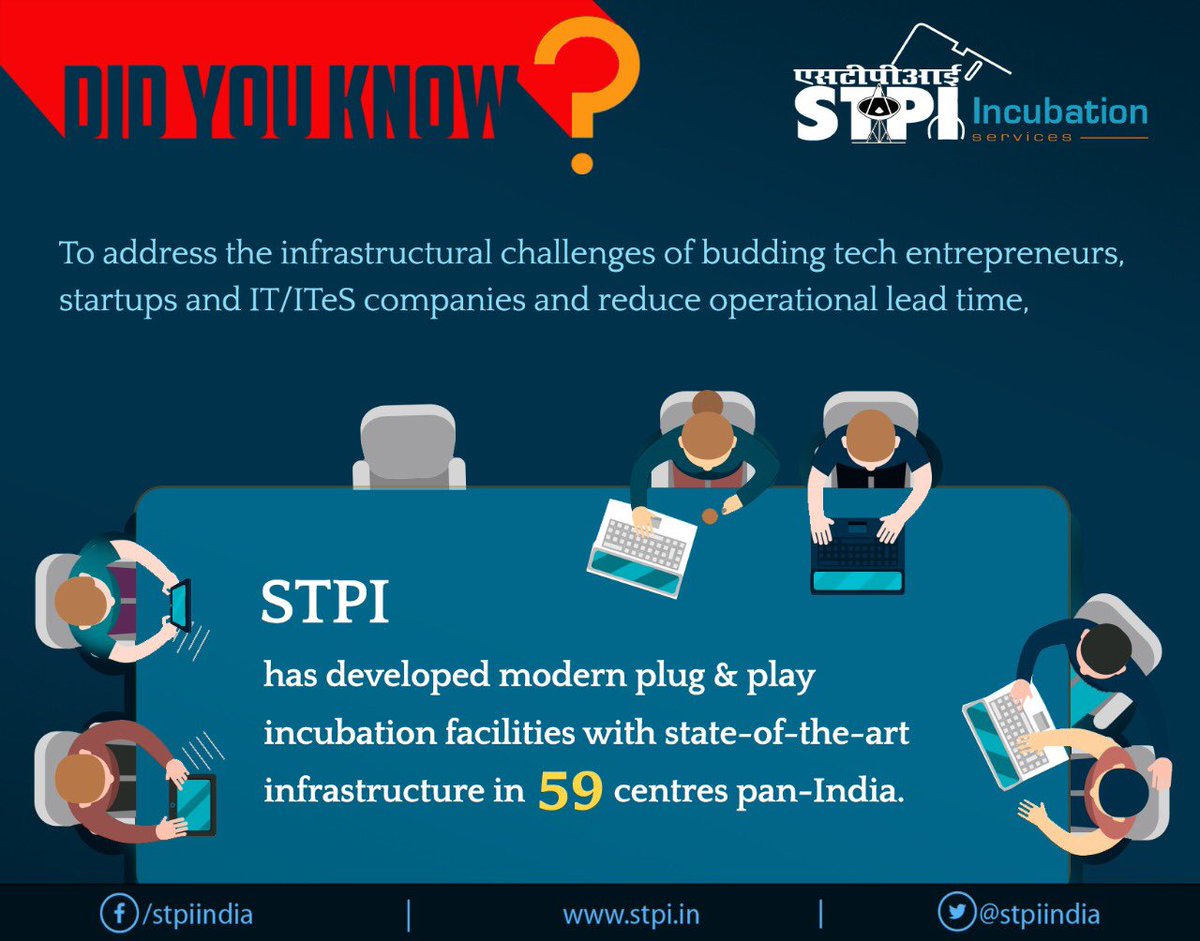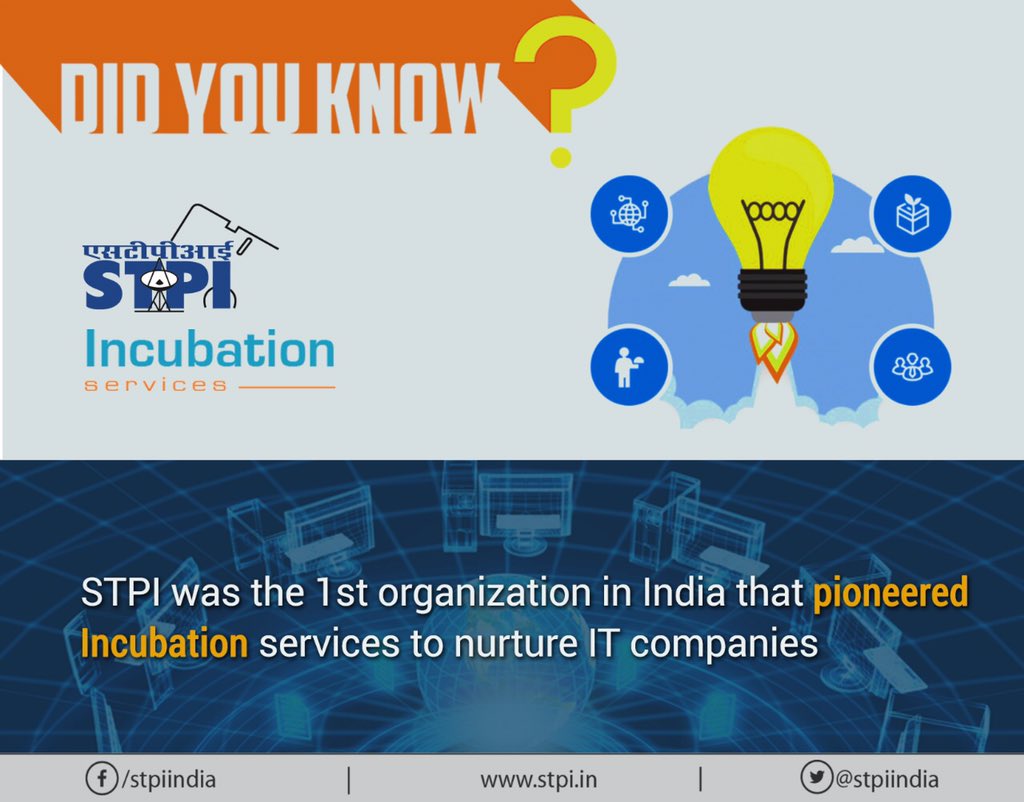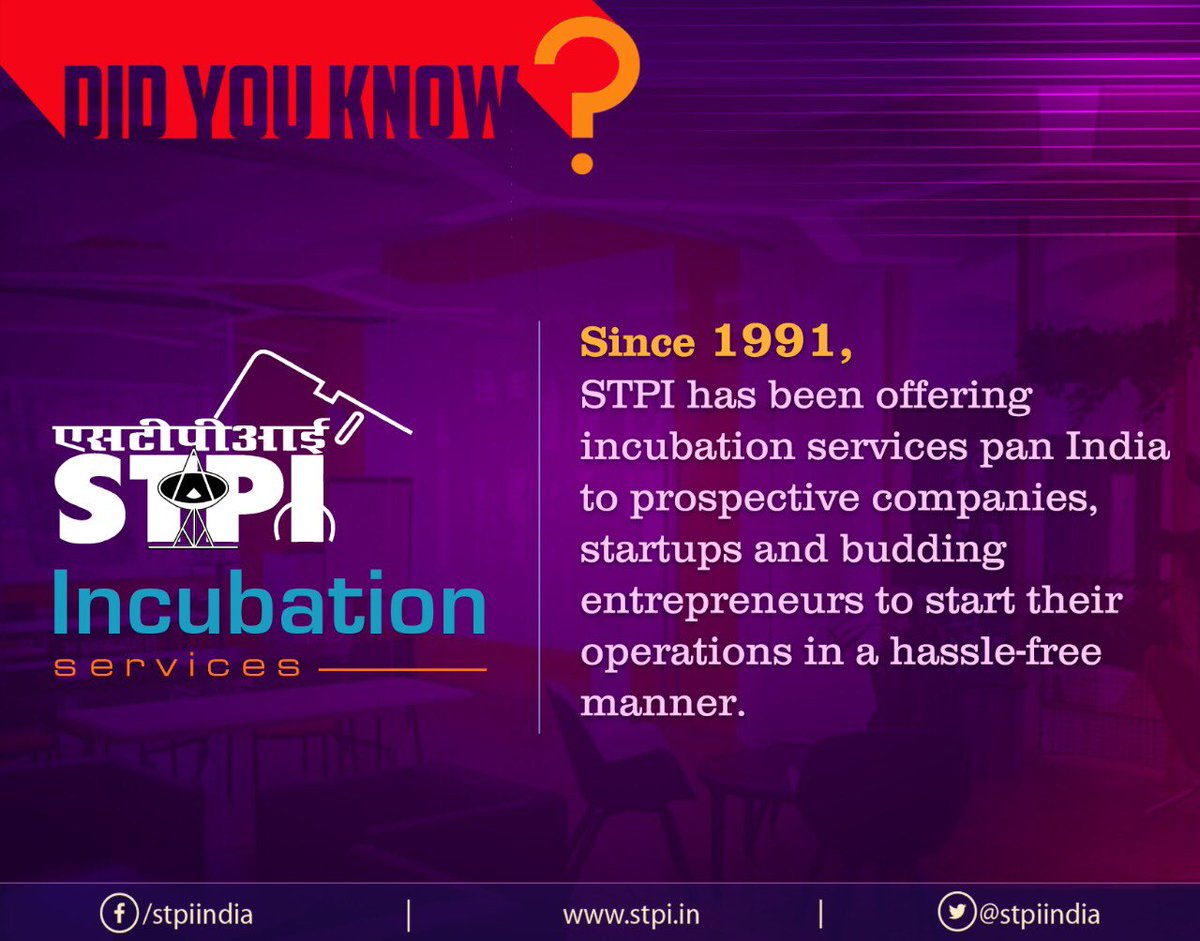- Current problems in k-12 & higher ed
- Future of k-12 & higher ed
- 3 waves of ed-tech
- Opportunities for startups in the space, including homeschool, credentialing, unbundling & rebundling the university, and more
Thread👇
Following is flat over last 20 yrs:
- Test scores
- Satisfaction w/ education
- Earning potential
- Employment rate
- teacher salaries
Sky-rocketed:
- College tuition
- College revenues
- Student debt ($1.5 Trillion)
Teachers say that 10% of other teachers are unsatisfactory educators
55% of Americans think that K-12 education is on wrong track
And yet no innovation: Only 7 top 100 colleges were founded in last 100 yrs
1- make ppl good citizens (confidence in democracy all time low)
2 - increase quality of life (depression at all time high, less than 50% of Americans are optimistic abt their lives in 5 years)
3 - train for jobs (need to re-train)
They were built built for a static industrial age: It assumed that the outcomes you wanted to produce were clear and you could harness massive scale to train students, factory style
So we train people to do things w/ clear instructions instead of nebulous.
Today, the world is dynamic so people need to be entrepreneurial & continuously re-learning
The whole education model needs to flip as a result. From "Push" to "Pull".
From you tell me the right answer to ask the right question and then find the answer.
In factory model, you'd teach to median & lose the kids at the top and bottom
Now we have the technology to enable personalization at scale w/ community support, to catch both
Schools do an excellent job of training for *excellence* = where there are clearly bounded domains, and it’s known exactly what has to be done to be successful.
But terrible at "Genius"—innovation no one can predict. School kills the creativity out of them.
Rather than incentivize risky crazy ideas that have asymmetric upside, they’re trying to reduce risk and do everything they can to prevent children from suffering (e.g. medicating a child for mild ADD)
h/t @david_perell
- Started out as just abstract intellectualism
- Then we incorporated liberal arts (assimilating people into high society)
- Then we added job training into it
But we didn't redesign the university experience around becoming a mass consumer experience
Tuition rates have risen drastically
Colleges keep expanding their administration instead of their faculty
Student loans are accessible to young kids who aren’t aware the debt will follow them forever
It's a bubble—We draw causation from correlation.
B/c you're taking something that is provably uneconomic and saying let's burden the entirety of society with that
It'd be a strangely regressive too, b/c people attending college are middle class
Debt should be forgiven, but universities should pay
Depends who you are.
If you're seeking top-grade liberal arts education, your experience won't change.
Harvard etc are extremely resilient.
if it's not top grade, many universities will go out of business. There are 4,000 total.
It'll be unbundled:
- Education delivered in time, as needed.
- Network delivered when ppl can use it.
- Credentialing happens at different increments, connected to when people can prove they've achieved skills
- Biased by their own experiences
- Prone to social peer pressure to not look dumb by other parents
- Looking to limit downside even if it means limiting upside (reasonable!)
- Don't want kids to be upset at them if it doesn't work
- GitHub is credentialing for developers
- Behance is credentialing for designers
- What will be credentials for young learners?
Twitter? “I think my Twitter account is worth more than my college degree.” – @david_perell
h/t @thedanigrant
a) quant (easier to validate)
b) in-demand (need to find diamonds in the rough) and
c) changing (MIT '98 doesn't say much on current cyber skills)
h/t @willhoughteling
So is the future a giant MOOC w/ 100,000 students a year?
Or VIP kid 1 on 1 training?
Or some hybrid of mass education w/ TA's?
Religious institutions, per usual actually, are on the cutting edge here
Education should be fun!
- Make it social
- Show them how good it will feel to get go through
- Show them all the people who have gone through it
- Make it like video game.
The best way to learn a subject is by first getting passionate about it.
But in school, they make you start w/ knowledge & statistics & assume passion will follow.
"Education is not about the filling of a bucket, but the lighting of a fire.”
In Hebrew, when you want to ask someone if they're out of school, you ask them if they're done learning.
Learning is what you do when you're young, then you deploy it. But we should deploy as we learn, & always do both
- Predicting the future
- Asking good questions
- How to pick people (to befriend, work with, marry, etc)
- Communication & interpersonal dynamics
- Gumption(!)
Per Buckminister Fuller, you can't disrupt entrenched bureaucracies directly, you have to build something new that's so good that the old institutions melt away.
Challenge is that it's hard to compete w/ free.
So who pays? Gov't? Employers?
1st wave: make existing school better (math practice, student information systems)
2nd wave: sell direct to consumers (but online content, e.g Khan Acdemy, Coursera, Udacity)
3rd wave: combine best online + instruction—best of async and synchronous learning
We thought the scarcity was content, but really it was social accountability.
School is intensely social. Internet education was isolated. Now we're making it social again, but w/ internet scale.
Tooling: Synchronous instruction required A+ video & interactive functionality.
e.g. Lambda wouldn't thrive as easily without Zoom & Slack.
Culture: Young parents grew up w/ Google & Youtube & are shocked to see no change.
Cloud powered schools:
Reinventing school from scratch, incorporating the right technology, infrastructure, and best practices to build low cost schools w/ consistent quality at scale.
e.g. bridgeinternationalacademies.com
Homeschool
- Students set their own goals & curriculum
- underlying homeschool is the belief that students/parents understand what's best for them better than politicans do
- 10% of families today would homeschool if it was easier. 3% currently.
Continuous education:
- Some version of Soulcycle but for learning.
- On-line collaborative syllabis.
usv.com/writing/2018/1…
Peer learning: How can education learn from the success of behavior change organizations like Alcoholics Anonymous or weightwatchers?
h/t @willhoughteling
e.g. microverse.org
Future of Credentialing:
Triplebyte for X (data science, design, cybersecurity etc)
Competency-evaluation could be key to verticalized LinkedIn
h/t @willhoughteling
Direct out of high school corporate placement.
- Employ folks out of high school, provide them living wage plus educational experiences that prepare them for the future.
Main other option these folks currently have besides college is the military.
Don't try to get kids off Fortnight. Try to bring education components on top of games like Fortnight.
Or just better appreciate how motivated kids are to learn when it is structured like a video game. amazon.com/Everything-Bad…
Go where the kids are.
Unbundle the university. Different approaches:
Guild partnered w/ companies & built training programs.
Trilogy partnered w/ college brand & did coding bootcamp equivalent.
Lambda built entirely outside the system.
h/t medium.com/beyond-schools…
Future of nursing.
"Anybody that can Tie a high ROI with a short form program or short form intervention and hook up to either income share agreements or different kinds of financing we'd be excited to see." - @mpstaton, Learn Capital
Employers have vested interest in upskilling employees for jobs of the future.
But good options are few and far between.
80% of corporate executives say that their l&d departments aren't innovative enough. NPS by employees very low.
Universities aren't positioned to do the upskilling.
They're not connected to the skills needed in the workforce. Their faculty are not incentivized to train people for jobs.
Internal universities as a service:
"We'll see more external-facing CorpU from *platform* businesses – Salesforce teaching trailhead, Unity teaching game development.
Certifying students helps them get jobs & the co expand reach" - @willhoughteling
You don't want to sell to schools
They're hard to sell to and they don't have much money.
Growth rates for businesses that sell to schools are often lower than ones that sell to parents or learners directly (there are exceptions!)
Homeschool: Before public schools, elite were homeschooled.
P2P learning: Before grades, there were one-room school houses where kids taught other kids.
Continuous learning: Apprenticeships used to be very common. Learning forever was the norm.
She was also great on this podcast: stitcher.com/podcast/villag…
usv.com/writing/2019/0…
docs.google.com/presentation/d…
Curious to hear feedback, counter arguments, and where you see opportunities for startups.







